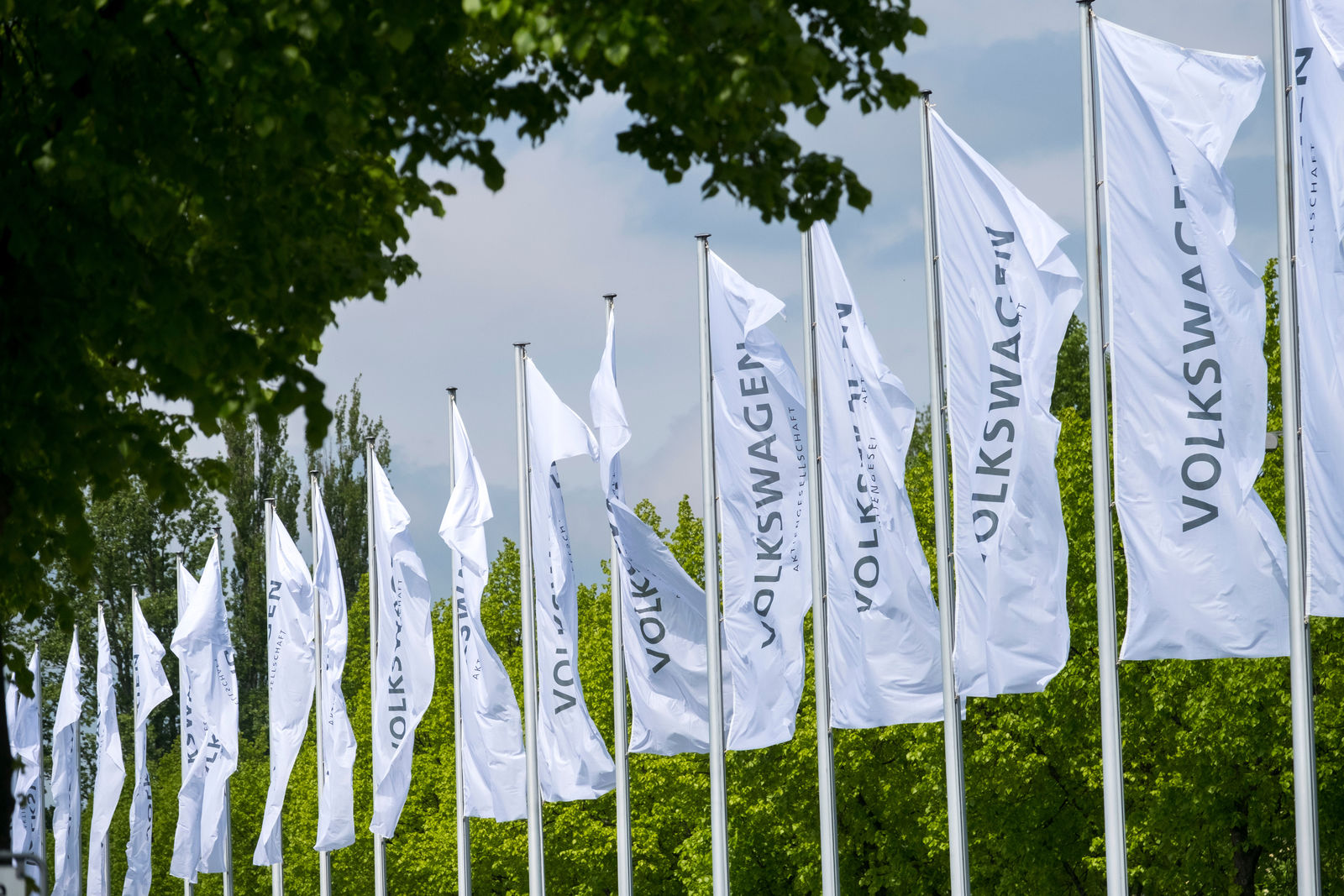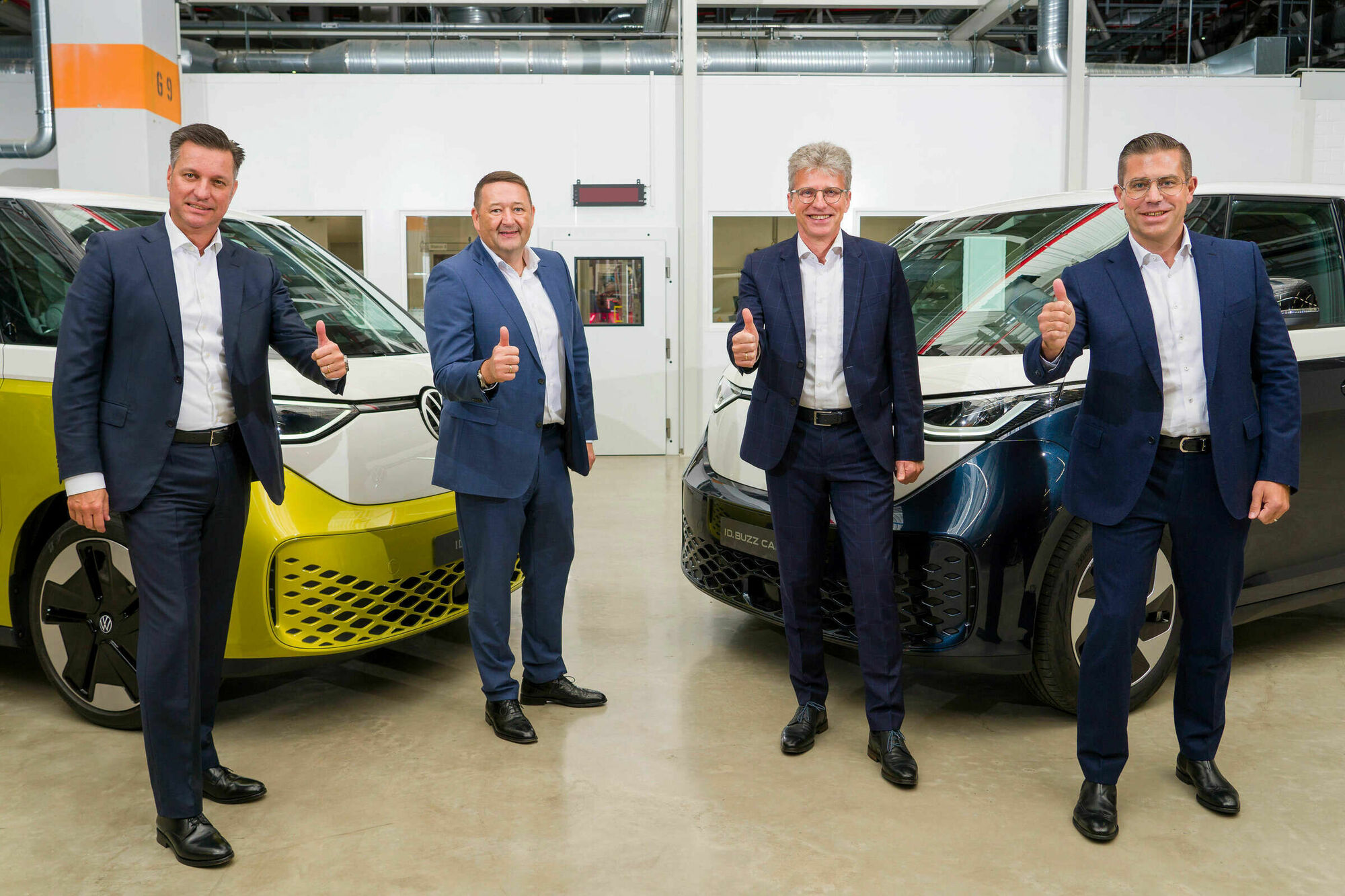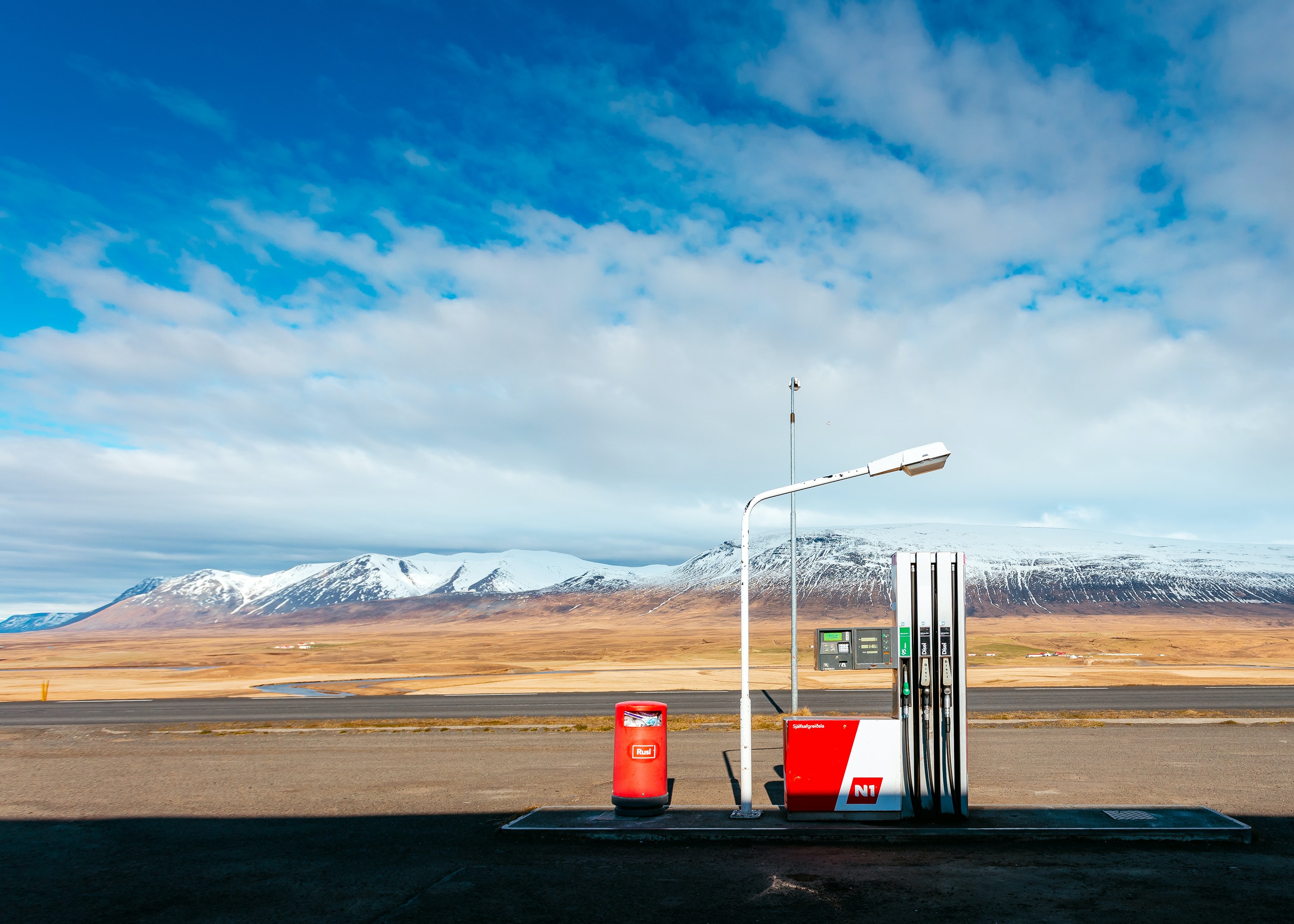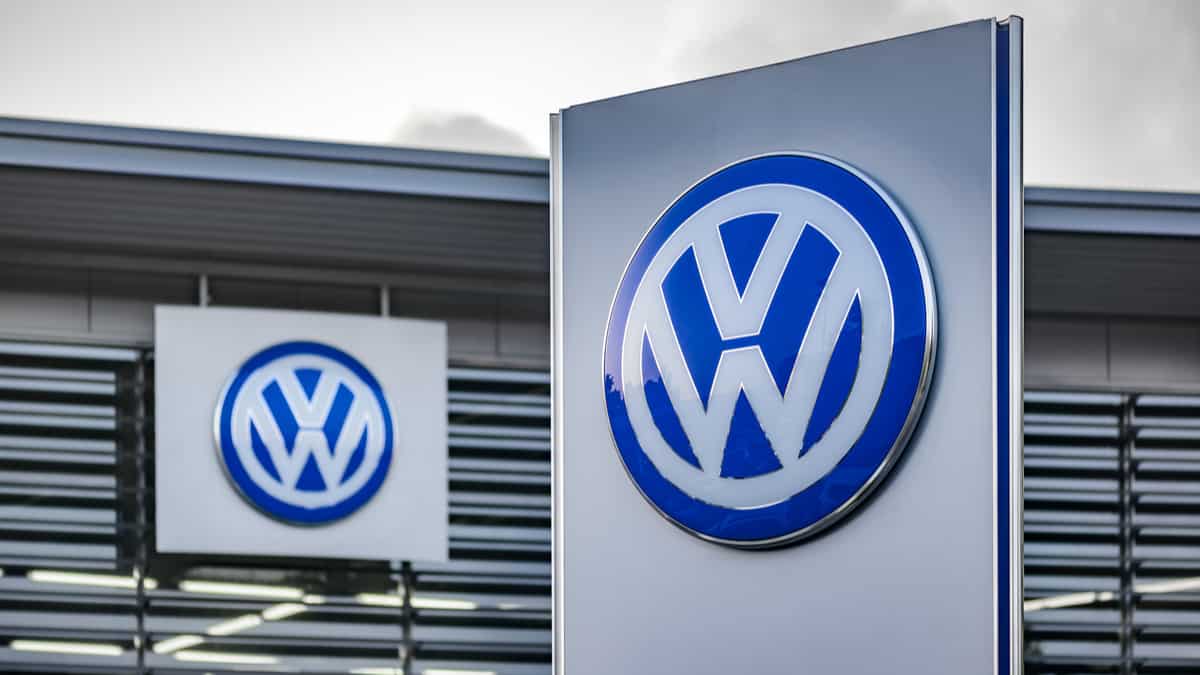Volkswagen AG Plans to Make its Data Centres Carbon-Neutral by 2027
Volkswagen AG

Volkswagen AG has declared that its data centre activities will be carbon-neutral by 2027. To reach this objective, the Group has increased its computing capacity at Green Mountain, a Norwegian operator of CO2-neutral data centres. Upon completion of this expansion, one quarter of Volkswagen's global data centre operations will be carbon neutral. This equates to CO2 savings of 10,000 tonnes per year.
Volkswagen AG has set the lofty goal of making its data centres net carbon-neutral by 2027 as part of its decarbonisation drive.
This would be three years earlier than expected in the European Green Deal, which committed European data centre operators to making their facilities climate-neutral by 2030.
To meet this goal, Volkswagen has increased its data centre operations at Green Mountain, a Norwegian operator of CO2-neutral data centres. Green Mountain's servers are powered by 100% renewable hydropower and are naturally cooled by the neighbouring fjord.
Hauke Stars, Member of the Board of Management, IT, and Digitalisation, explained: “Green IT is a key topic on our ESG agenda. While technology is the key driver for more efficiency, an improved customer experience, and new business models, IT accounts for about 3% of global CO₂ emissions."
Hauke Stars, Member of the Board of Management, IT and Digitalisation, said: “Given the rising demand for computing power and data storage to enable Volkswagen Group’s NEW AUTO strategy, a sustainable IT roadmap with ambitious goals is paramount to systematically reducing our carbon footprint. With data centres being the biggest contributor of carbon emissions in IT, expanding our computing capacity at Green Mountain is a strong lever to make our data centre operations carbon-neutral by 2027.”
Volkswagen Group began working with Green Mountain in June 2019 when it inaugurated its data centre operations at Green Mountain's RJU1-Rjukan location in Telemark, Norway. The idea was to outsource non-time-critical, high-performance computing projects like crash-test simulations to free up capacity at Volkswagen Group's headquarters data centres for key business applications. Volkswagen Group has six data centres worldwide, three in Wolfsburg, two in Norway, and one in Singapore.
Volkswagen AG's most recent expansion to Green Mountain's SVG1-Rennesy data centre means that one-quarter of the Group's global computing power requirements will be carbon-neutral. This equates to a yearly CO2 savings of 10,000 tonnes. The renewable energy required for Volkswagen's data centre operation at Green Mountain would be enough to power 500 houses for a year.
“We appreciate the renewed trust Volkswagen has placed in us and are pleased to support them on their journey towards full carbon-neutrality,” said Tor Kristian Gyland, CEO of Green Mountain. “Together we share the same vision of a more sustainable future.”
Green Mountain turned an old high-security NATO ammunition storage facility into a unique 22,600 m² high-security mountain hall colocation data centre for the new site at SVG1-Rennesy. The infrastructure was built to be able to grow up to 2 x 26MW, with Volkswagen using 3MW of capacity. For cooling, which in traditional data centres uses 40% to 80% of the electricity needed to run the servers, SVG1-Rennesy uses the 100-meter-deep fjord next door, whose water temperature stays at 8 degrees Celsius all year long.
In Norway, 98.9 % of the electricity production is renewable, with the majority generated from hydropower. Hydropower has both a minimal carbon footprint as well as marginal ecological impact. The Norwegian government works hard to get new industries, like data centres that don't affect the climate, to use power from renewable energy sources. Tax breaks, low energy prices and stable political conditions make Norway an ideal location for green IT.
Volkswagen AG was the first automaker to commit to the Paris climate agreement back in 2018. By 2050, the company aims to be net CO2-neutral. In its core business, the Group intends to achieve a 30% CO reduction by 2030. Today, more than 90% of the power that Volkswagen AG gets from outside its factories in Europe comes from renewable sources.
Source: Volkswagen AG






